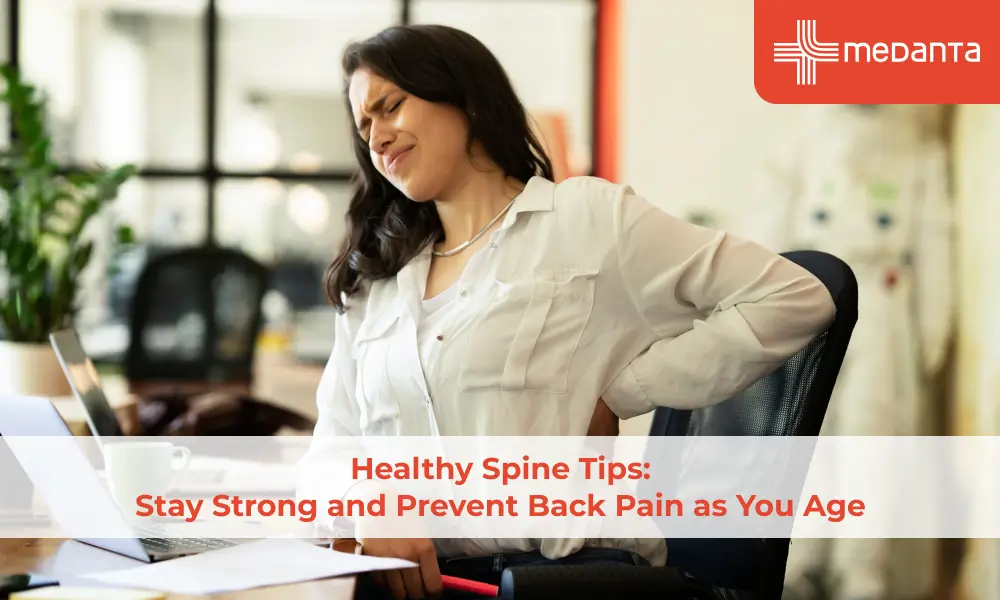The Role of Baby Massage in Managing Infant Stress

Did you know that babies who get regular massages gain an average of 900 grams in a month? Massage helps in gaining weight in babies.
Babies like the sense of being near to their parents. For them, being held, snuggled, and sleeping in Mom or Dad's arms is absolute bliss. But here's a little secret: there's a unique method to bond with your kid through delicate touch. Infant massage is an excellent technique to enhance your bond with your child and relieve infant stress.
Let's look at why massage for babies is good and some basic techniques you may try with your baby.
Why is Touch So Crucial for Babies?
Babies sense touch even before they're born. Medical experts recommend that parents hold their newborns close after birth, allowing skin-to-skin contact. This immediate connection brings comfort and rich sensory experiences.
Infants often go towards nursing parents' breasts using sensory signals.
However, one should remember that babies happily welcome cuddles from any caring adult. You can take turns with your partner, spouse, or others in holding and gently stroking your little one.
Touch communicates unspoken messages of comfort and safety, which benefits humans of all ages. Consider the hugs we share after being apart or the pats on the back and high-fives to express congratulations. We hold hands for support, offer back or foot rubs to alleviate stress and stroke the hair of a loved one in times of distress. This silent language plays a vital role in bonding with your baby. Touch is an integral part of the love that surrounds your child.
Benefits of Baby Massage
Infant massages have a rich history dating back to ancient India, where they were more than mere relaxation. Ayurvedic medicine incorporates massages to boost circulation, eliminate toxins, improve digestion, and enhance overall well-being (source).
Today, we understand how beneficial newborns are from massages, deficient birthweight babies who thrive with a human touch. Over 100 studies confirm various advantages, addressing common issues such as gas, colic, and sleep problems.
Let's delve into some key benefits:
- Facilitates Weight Gain: Studies show a significant link between massages and healthy weight gain. For premature babies, "touch therapy" resulted in a remarkable 47% more weight gain than those without massages (WOW!).
- Lowers Chance of Jaundice: Infant massage can reduce bilirubin levels, a primary compound responsible for jaundice. During massage, the bowel movement frequency of the baby increases. Consequently, excess bilirubin is released and also prevents constipation.
- Reduces Stress: Many studies have shown that human touch decreases stress and lowers blood pressure in adults; babies are no exception. This study discovered evidence that massage therapy can save preterm newborns' lives. In one research, massaged newborns showed improved heart rate variability (HRV) every week. It is a marker of nervous system function. The researchers determined that baby massage significantly reduces baby stress, which enhances the maturation of preemies' undeveloped nerve systems. Moreover, massage lowers cortisol levels, a stress hormone, in both adults and newborns. Lowering cortisol levels helps you feel calmer and more relaxed. Not to forget, baby massage causes the release of endorphins, which are feel-good hormones. These hormones induce relaxation and a sense of well-being, which aids in reducing infant stress.
- Relieves Colic: Ever wondered why so many infant seats have a vibrating feature? Infant massage has been found comparable to vibrating chairs in calming colicky babies.
- Promotes Sleep: Research from the University of Warwick suggests that baby massage lowers stress hormone (cortisol) levels and stimulates melatonin production. Know that melatonin regulates sleep cycles that help babies fall asleep faster and stay asleep longer.
- Relieves Gas or Constipation: Massages help alleviate gas buildup and discomfort in babies by promoting good digestion and a healthy GI system.
- Enhances Learning: Massages promote alertness, increasing learning. Tactile stimulation during a baby's early months can impact permanent brain development.
- Improves Certain Conditions: Massage therapy has been shown to benefit children with conditions such as autism spectrum disorder, ADHD, bulimia, depression, and anxiety. It reduces symptoms and improves test performance.
6 Easy Massage Techniques for Your Baby
Trying out these simple massage baby moves is a great way to calm and relax your little one. These techniques are part of the CALM touch strategy for soothing infants. Remember, there's no strict order or need to use all the strokes. Just give them a try during the day, paying attention to what your baby enjoys the most.
Back
Apply pressure down your baby's back, moving from their shoulders to their lower back. You can also place your hand on their bottom. This technique is helpful during tummy time or when your baby is sitting up.
Hands
Hold your baby's hands firmly; you can bring them together or massage one hand at a time. Alternatively, rub the palm using a circular motion. This is especially useful if your baby keeps their hands in a tight fist.
Feet
Hold your baby's feet in your hands, clapping them together for stimulation. For a foot massage, grasp the ankle with one hand and use the other to stroke firmly along the foot, gently tugging the toes.
Shoulders
Rub your baby's shoulders while they sit on your lap, moving your hands down their arms. A little shoulder rub can be quite enjoyable for your baby.
Full Body
With your baby on their back, use firm pressure to move down their body from head to foot. You can also move your hands down the centre of your body, starting at the chest and going toward the belly and legs.
Head
Be gentle with the head; not all babies like it. Cup your hands around their head, stroking backward over the crown. Move along the jawline, forehead, and eyebrows. Trace small circles on their cheeks and gently squeeze their chin. Follow your baby's cues to find what they enjoy most.
Conclusion
Baby massage is excellent in terms of baby stress relief and overall baby growth. Remember that every infant is different, and what works for one might not work for another. You should pay attention to your baby's cues and preferences during massage. If you observe any signs of discomfort or if your infant does not appear to appreciate the massage, change the techniques, or try again another time.






